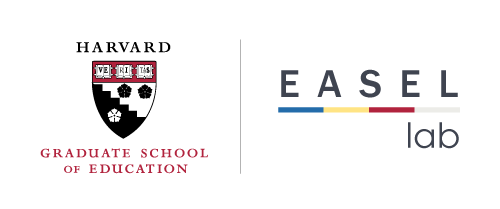In partnership with HopeLab, Daylight Design, and the South Carolina Education Oversight Committee, the project adapted SECURe Brain Games to a standalone version without the SECURe curricula. The was accomplished by created a new version of Brain Games that included a "wrapper" for supporting teachers and students, while adapting and improving content to the format of games. Pre-game and post-game talk was created, as well as suggestions for how to introduce and support game-play, and how to connect with academics and other daily school/life activities. See what Brain Games look like here.
In 2014-15, a pilot study of Brain Games was conducted in K-5 classrooms in three schools in South Carolina. Using a delayed implementation design, we collected data in the Fall, Winter, and Spring at all three schools. Data included Teacher-Reported Regulation Skills and Discipline Rates, Classroom Observations, and Weekly Implementation Logs, as well as Teacher Feedback on the feasibility and usefulness of the games. Results from this study were positive, with students and classrooms who played Brain Games for the full year demonstrating higher Regulation Skills and lower Discipline Rates, and higher Classroom-level ratings (e.g., Teaching Strategies, Classroom Practices) than those who only played for half of the year.
See a case study of the teacher-centered design and decision-making process that was used to develop this version of Brain Games.
See more about the study design, methodology, and findings in the poster and handout presented at the National Research Conference on Early Childhood, July 2016.
Our research team is currently designing a study of Brain Games in elementary and K-8 settings. If you are interesting in participating in the study and trying out Brain Games in your school or other organization, contact Study Coordinator Sophie Barnes.
Brain Games Design and Implementation Partners:
Paula Wise, Project Coordinator
Our school partners, participating teachers, and the South Carolina Education Oversight Committee
Research Collaborators:
Jana Haritatos, Fred Dillon, and Mariah Tate, HopeLab
Pam Imm, Getting to Outcomes LLC
Andrea Lamont, University of South Carolina
Funders

